Recent news events and headlines shine the light on the injustices black folks face here in the US. The #BlackLivesMatter movement is calling for a change. As horrifying and maddening as these incidents are, they are only the tip of the iceberg in the ongoing and systematic disregard for the rights and needs of the brown and black people around the world.
The food system and the choices we make about how and what we eat also play a role in this dehumanizing process. By choosing organic, supporting fair trade products and choosing vegan we can impact not only our own lives but the global community of people of color too.
Here is how your food choices are one part of working for justice for our brothers and sisters around the world.
Environmental destruction
Water shortage: Raising livestock and poultry uses a great deal of water. The industrialized farm system replaces the natural grazing diets of livestock with grain. This grain must be irrigated. Irrigation of livestock feed consumes about 15% of all irrigation water globally. Water shortages around the globe are growing, impacting the levels of safe drinking water for billions of people. Eliminating factory farmed animal products from your table may reduce your overall “water footprint” by half.
Pollution: Waste from factory farms that confine large numbers of animals in a small space causes significant pollution to the environment. The animal waste and the toxic dust, gases and chemicals caused by this waste make their way into the ground water and streams, into the air and seep into to the soil. The gases released contribute more green-house gas emissions than the transportation system does. Polluted waterways kill fish and other wildlife and destroy drinking water. Often pollution disproportionately impacts communities of color who are more likely to live and work near these pollution sources.
Deforestation: As I mentioned earlier, raising livestock on factory farms requires a lot of grain for feed. Forests in “developing” countries continue to be cleared to make room for growing corn, soybeans etc. Which communities are most directly hurt? People of color of course.
Exploitation
Working Conditions: Low-wage workers (often brown and black folks) on factory farms and in processing plants are subject to hazardous chemicals, dangerous machinery, long hours, and mistreatment by management and business owners. Many develop serious health problems, or are maimed or killed on the job. The wages they earn are not enough to support their families.
In addition, western economic policies and corporate greed undermine the local economies in Africa and elsewhere. Locally grown products such as rice are replaced with cheaper subsidized imported products. Corporations who put profits over people don’t pay fair prices for the goods grown and produced in these “developing” countries. Village economies are destroyed in the process.
So what can you do?
Know the issues. Educate yourself about food justice by visiting sites such as The Food Empowerment Project. Get involved with initiatives that support food justice.
The Food Empowerment Project http://www.foodispower.org
Look for fair trade products. These may cost more but will help ensure that farmers and workers behind the products are paid and treated fairly.
Fair Trade USA http://fairtradeusa.org/what-is-fair-trade
Buy organic.
Buy local. Visit your local farmers market to find fresh, in season and naturally grown products. Look for urban farms in your area. You will help support your community while getting fresher, better tasting food. Buy from black farmers where possible.
Black Farmers To Buy From http://blavity.com/black-farmers-to-buy-from/
Truly Living Well Urban Farm in Atlanta http://trulylivingwell.com
We can make a difference. We can reduce our participation in the industrialized food system. We can support more humane and sustainable practices. By making these shifts we can work to force a change in the system. We can help our black and brown brothers and sisters around the world get out from under the domination and control of oppressive and dehumanizing systems and broaden the reach of #BlackLivesMatter.
What ways do you fight for food justice? What resources do you know about? Please share them so that we can keep the movement building.


I love great food don't you? No boring dishes allowed in my kitchen! I want to share my secrets with you.
- My favorite international spice and seasoning combinations
- The top 10 ingredients absolutely I must have in my kitchen
- How to use vegan substitutes for meat and dairy products
- And Much More!
Click the button to get your copy.

